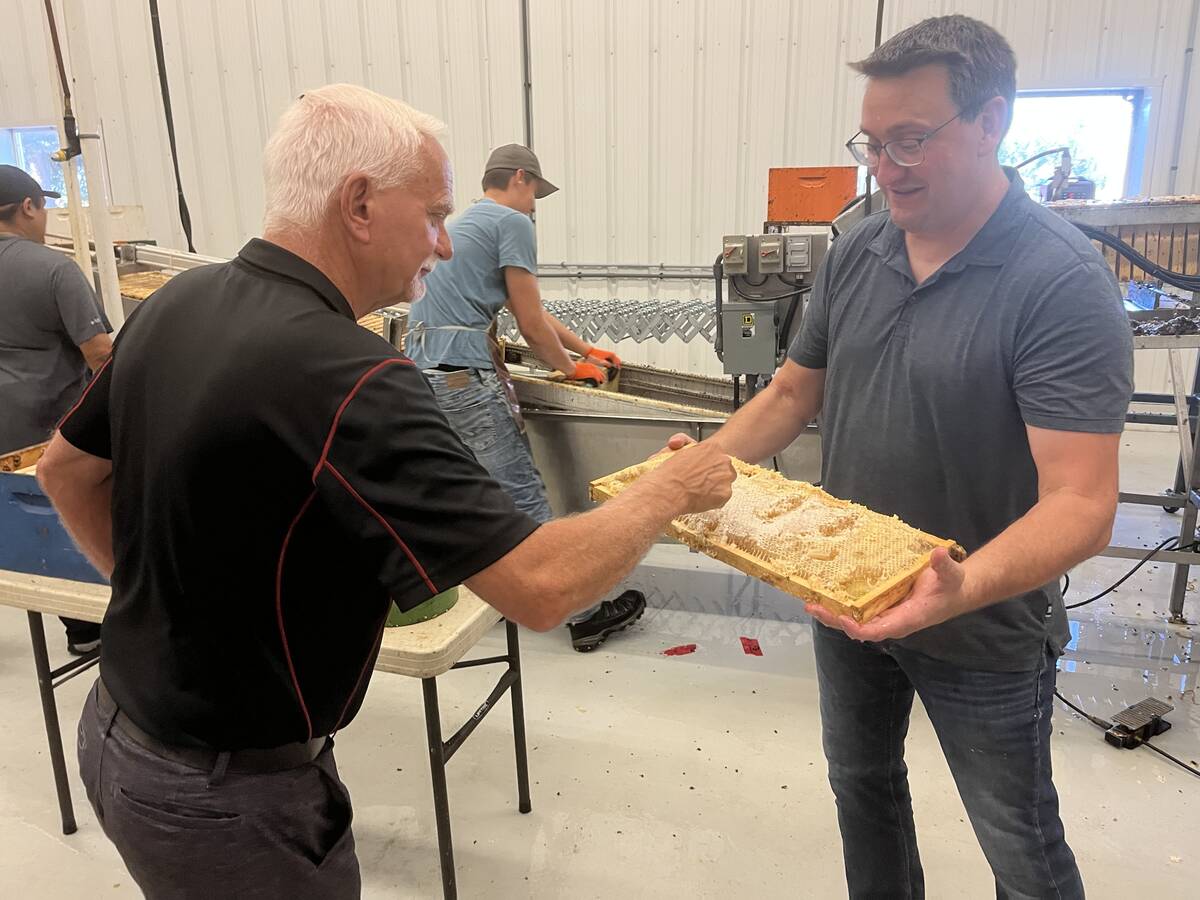Q: A neighbor works in our
local hospital. She is known to be a gossip. I have to have some surgery soon and I do not want the community to hear about my condition through loose lips. How do I protect my privacy?
A:All health-care agency
employees, regardless of their jobs, are required to sign and abide by an oath of confidentiality. If this oath is broken, they may be dismissed immediately from their job.
Employees are not even to tell others in the community whether you came into the outpatient department or were admitted. Unfortunately, others who visit the hospital may see you there and pass the word on.
Read Also

Alberta honey business ‘thrives’ despite bumpy beginnings
Thrive Honey showcases its honey production in market where Alberta produces 40 per cent of all honey produced in the country
Medical staff can discuss your case only with authorized medical personnel, and they are expected to make sure that any information they share with doctors, whether by telephone or personally, are not overheard by others, such as
visitors.
Hospitals do everything possible to protect your privacy. You can add to this protection in the following ways:
- If you are discussing your condition with your immediate family members, close the door to your room. If you are not in a private room and can walk around, ask the nurses if you can use an empty room or a more confidential place to have your conversation.
- If you are sharing a room and nurses or doctors come in to talk to you, ask them to step closer so they can speaker softer and be less likely to be overheard by others.
- If you have a radio by your bed, turn it to a station with some background music, which will cut down the extent that your voice travels.
- If you are concerned about a particular hospital employee, talk to her before going in for surgery. Tell her you realize that staff must keep any patient information completely confidential, and indicate that you trust her to handle that responsibility. By creating a positive expectation of her, you increase the chance she will catch herself before disclosing anything.
- You may also feel more reassured if you discuss your concerns with the director of nursing or the hospital administrator before your surgery.
If you have done the above, you will be able to face the surgery in a more relaxed manner, which should help your recovery.
If you have access to a computer you can e-mail questions to any of our expert columnists at newsroom@producer.com . Or you can mail your question to the relevant columnist and the newspaper will forward it unopened. Mail to columnist name c/o Editorial Dept., Box 2500, Saskatoon, Sask., S7K 2C4.
















